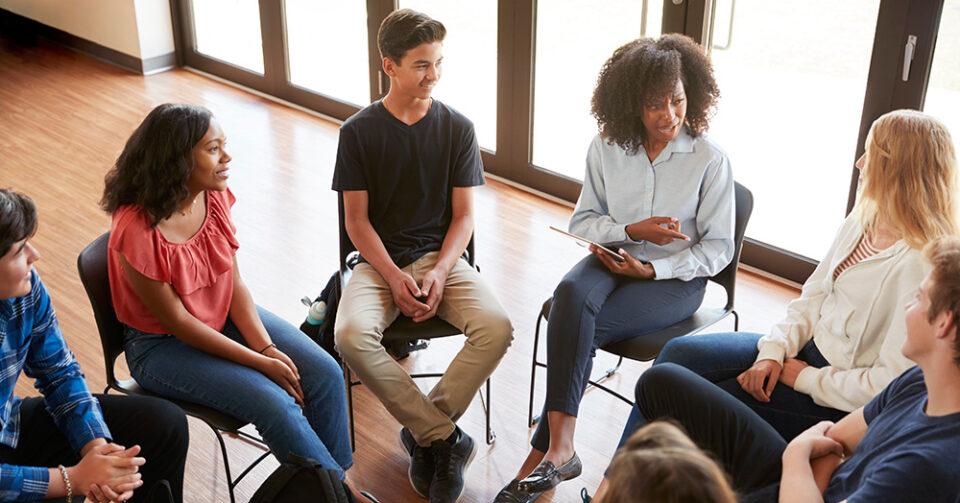Every single day, educators across the nation are on a mission not just to teach, but to equip students with the skills to navigate the complexities of the world. They attend professional development sessions on classroom management, engagement strategies, and fostering positive classroom cultures. Why? Because they’re not just molding minds; they’re shaping socially aware individuals ready for the challenges beyond academia. Yet, in this pursuit, there is an often-overlooked question: who’s helping the teachers themselves foster strong bonds with their colleagues and administration?
Over the past 12 years, I’ve conducted People Skills training for over a thousand educators spanning six school districts. The impact of these sessions is nothing short of transformative. The power of a shared language cannot be underestimated. It provides a framework for solution-oriented discussions and fosters awareness that might have been absent before. A participant of a recent training stated how, “Knowing my teammates’ styles has helped us as a team. We communicate better now.”
Understanding each other’s behavior style is a game-changer. It unravels the mystery behind what energizes an individual and enables us to meet them halfway in building relationships. This understanding forms the bedrock of trust and respect within a team. I’ve witnessed teams transform when individuals share their communication style, leading to profound insights and a newfound understanding of each team member’s needs.
Recognizing what energizes and causes tension for our team members also sheds light on potential challenges they might face. As one training participant shared, “Sometimes I need to remember that when I’m stressed, I react in certain ways.” Knowing what energizes and creates tension with team members helps us extend grace and understanding to others. This isn’t an excuse to avoid responsibility, but rather a tool to comprehend when additional support might be necessary for someone dealing with discomfort.
When teachers learn to regulate themselves and understand their colleagues on a deeper level, the impact extends beyond the staff room—it influences their relationships with students. As educators feel more secure and confident in their professional relationships, they gain the bandwidth to focus on their most crucial work: guiding and supporting their students. It’s a ripple effect that starts with improved interpersonal skills and ultimately enhances the entire educational experience.

Joe Fabey holds the position of Assistant Director of Professional Development at Fountain Fort Carson School District 8. Having personally witnessed the favorable outcomes of behavior style training, he passionately collaborates with a diverse range of individuals, spanning from young students in classrooms to high-ranking administrators. His goal is to help them grasp and implement the principles of behavior style awareness.

